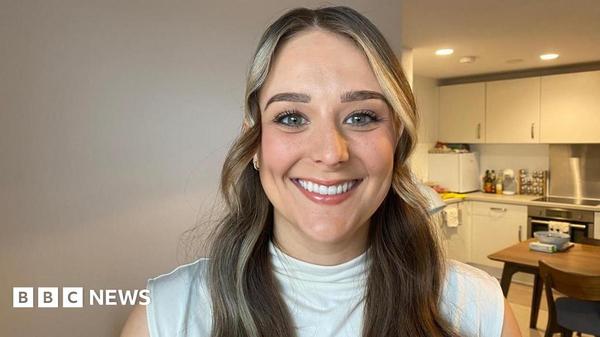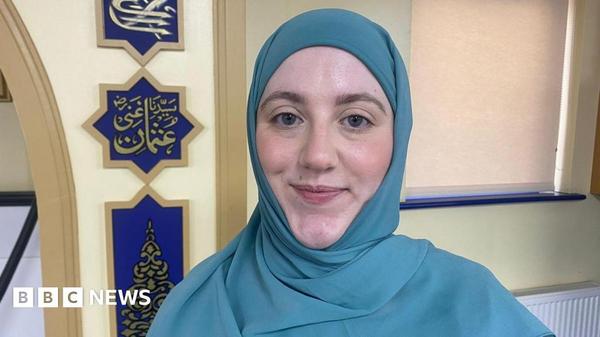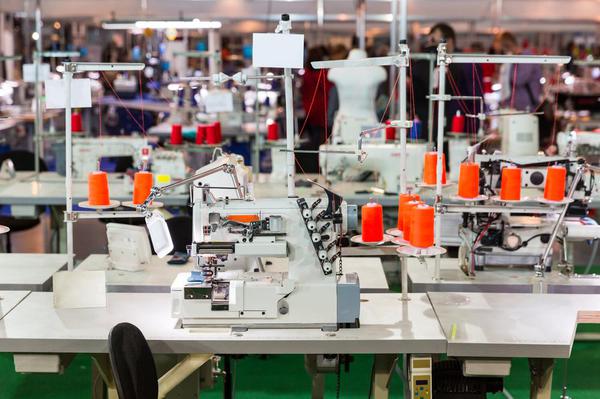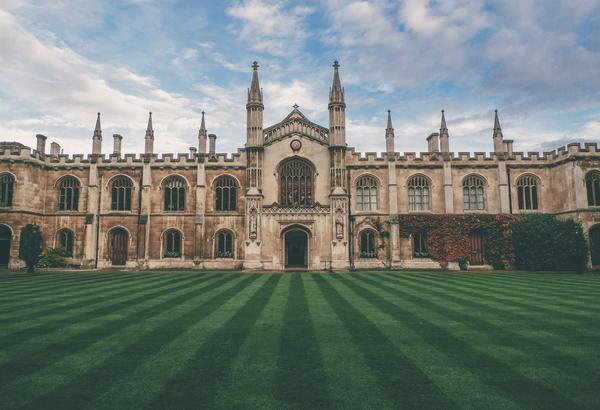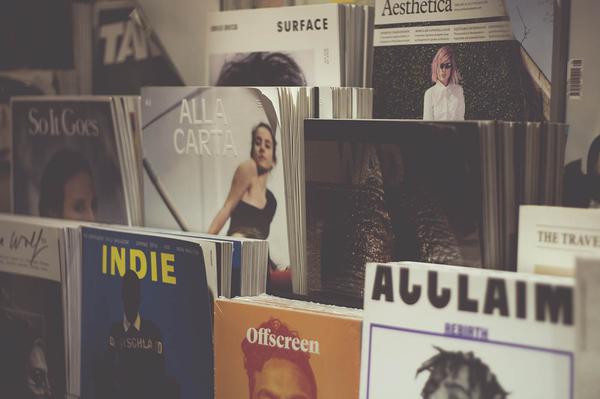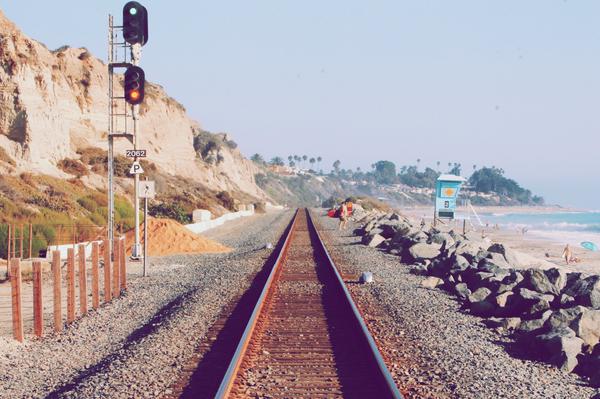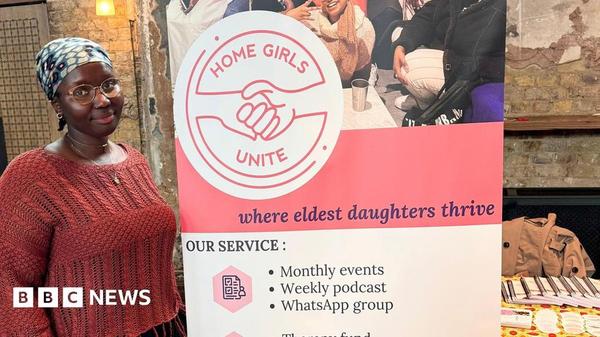
Home Girls Unite: The women who want an 'Eldest Daughter's Day'
A community group in east London is hoping to get "Eldest Daughter's Day" registered as a national holiday. Home Girls Unite (HGU) said the day would recognise and celebrate the often "parentified" eldest daughter. According to its website, HGU provides support for the "unique challenges" faced by the eldest daughters of immigrant families, such as taking on the role of parent to younger siblings.Co-founder Yasin Bojang said she wanted eldest daughters, wherever they were from, "to be connected...

